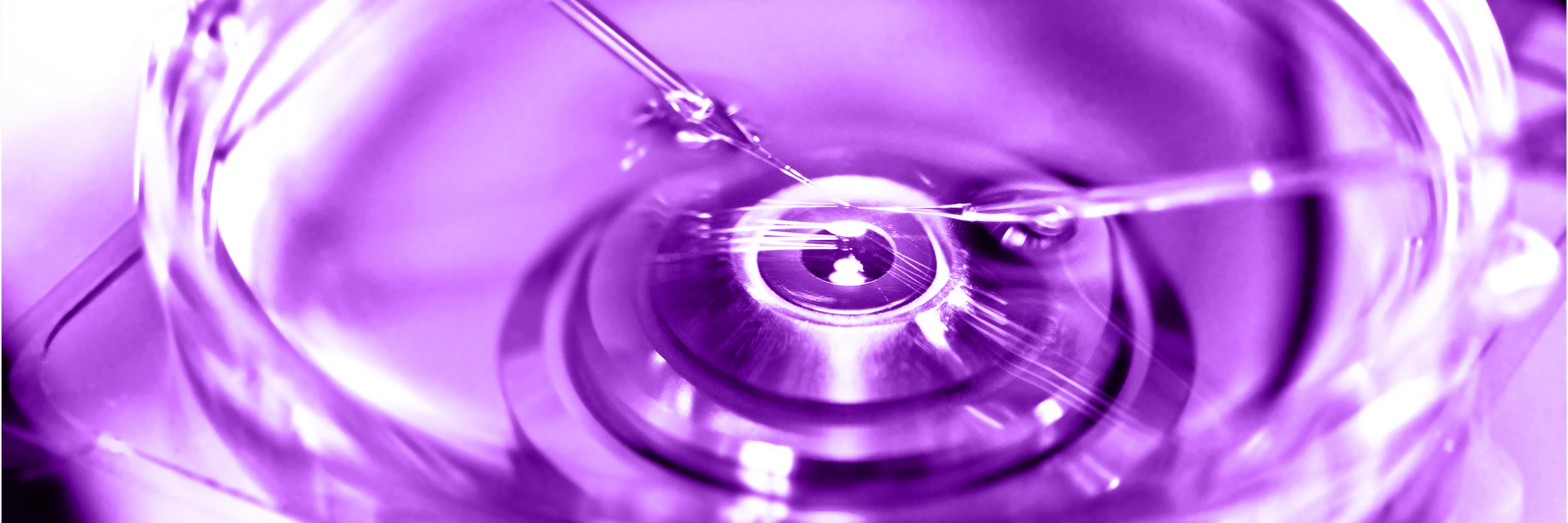Personalised IVF treatments for you
At Care Fertility, we’re all about making your IVF journey as smooth and personal as possible. Our tailored treatments ensure you feel seen, heard, and supported every step of the way.
What is IVF?
In Vitro Fertilisation (IVF) is a fertility treatment where fertilisation happens outside the body. It’s a way to help people struggling to conceive naturally have the family they’ve been dreaming of.
How IVF works
In natural conception, timing is everything. The sperm needs to meet the egg in the fallopian tubes, and the fertilised egg must then travel to the womb for implantation. If any step is disrupted, pregnancy may not happen. IVF can help overcome these challenges.
Your IVF journey with us
We’re with you all the way, providing the best care and support. Here’s a step-by-step guide to what you can expect:
Step 1: The initial IVF chat
Step 2: Fertility tests
Step 3: Consultation
Step 4: Ovarian stimulation
Step 5: Ovarian maturation and monitoring
Step 6: Egg and sperm collection
Egg collection
Sperm collection
Step 7: Fertilisation and embryo development
Step 8: Embryo transfer
Step 9: The two-week wait
Step 10: Pregnancy test and ultrasound scan
Cost of fertility treatment
Understanding the financial aspects of fertility treatment is essential. For detailed information on costs, read our guide to IVF costs, or book a consultation to discuss your options. We understand that cost is an important consideration, and we offer various packages and financing options to make treatment more accessible.
Frequently Asked Questions
Navigating IVF can be complex. To help, we've answered some of the most common questions about the process, who it can help, success rates, risks, and side effects. Our goal is to provide the information you need to make informed decisions and feel confident in your fertility journey.
What are the success rates of IVF treatment?
Who can IVF help?
What are the success rates?
Are there any risks?
What are the side effects?
Patient stories
Many couples have successfully achieved their dream of starting a family at Care Fertility. Here are a few inspiring stories:Our commitment to you
Choosing Care Fertility means choosing a dedicated team of experts who are passionate about making your family dreams come true. We combine world-leading expertise with personalised care to give you the best chance of success. From your first consultation to your final pregnancy test, we’re with you every step of the way.
We believe that everyone deserves the opportunity to have a family. Our compassionate, collaborative approach ensures that you feel supported, understood, and cared for throughout your IVF journey. We’re here to answer your questions, address your concerns, and celebrate your successes.
For more information, book your consultation with Care Fertility today. We’re here to support you every step of the way.






